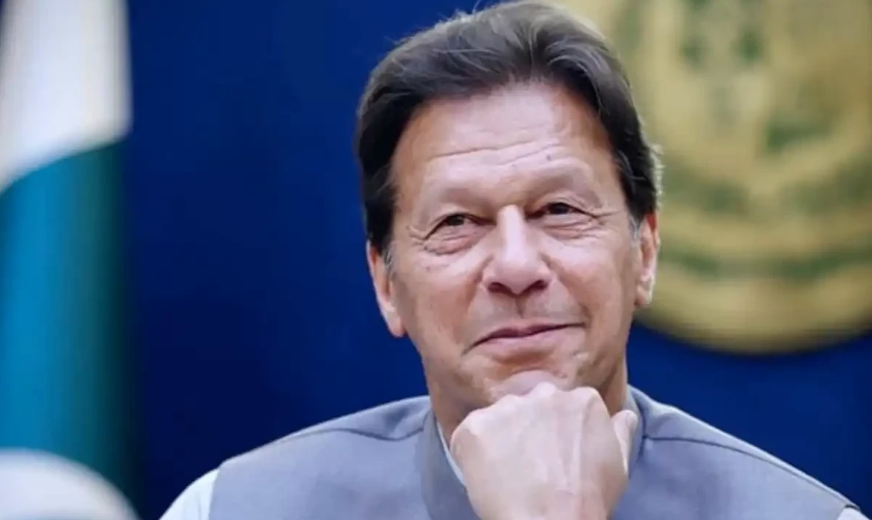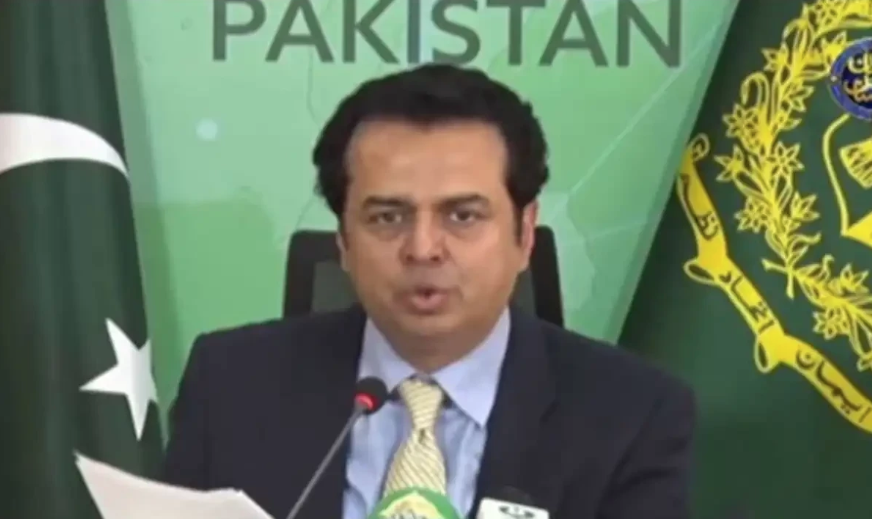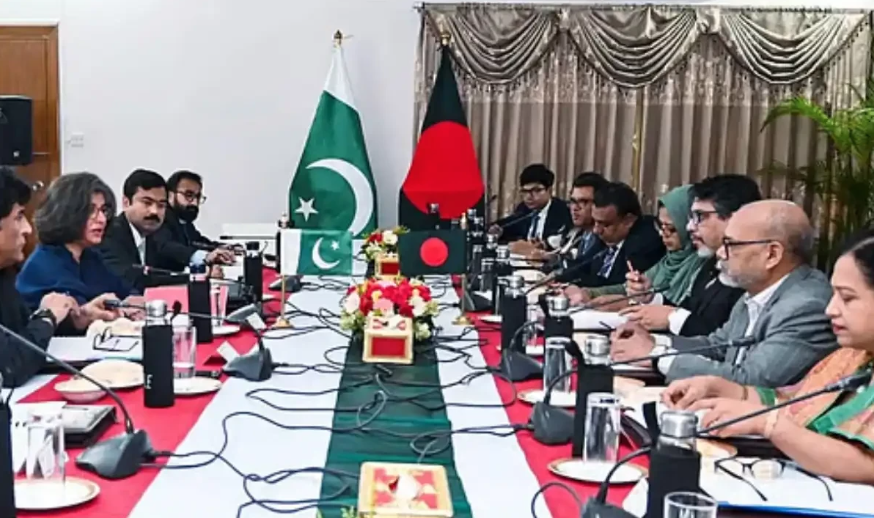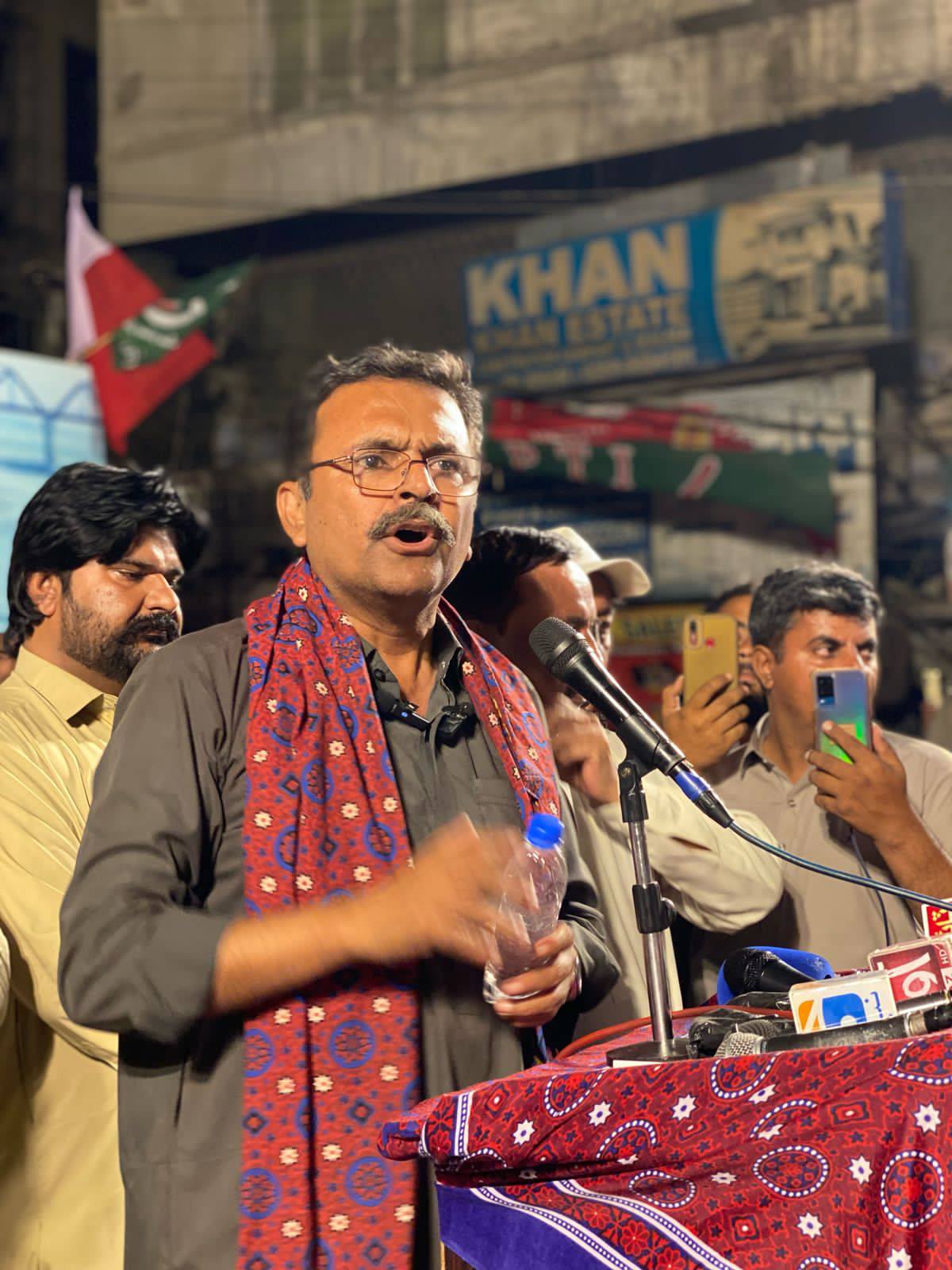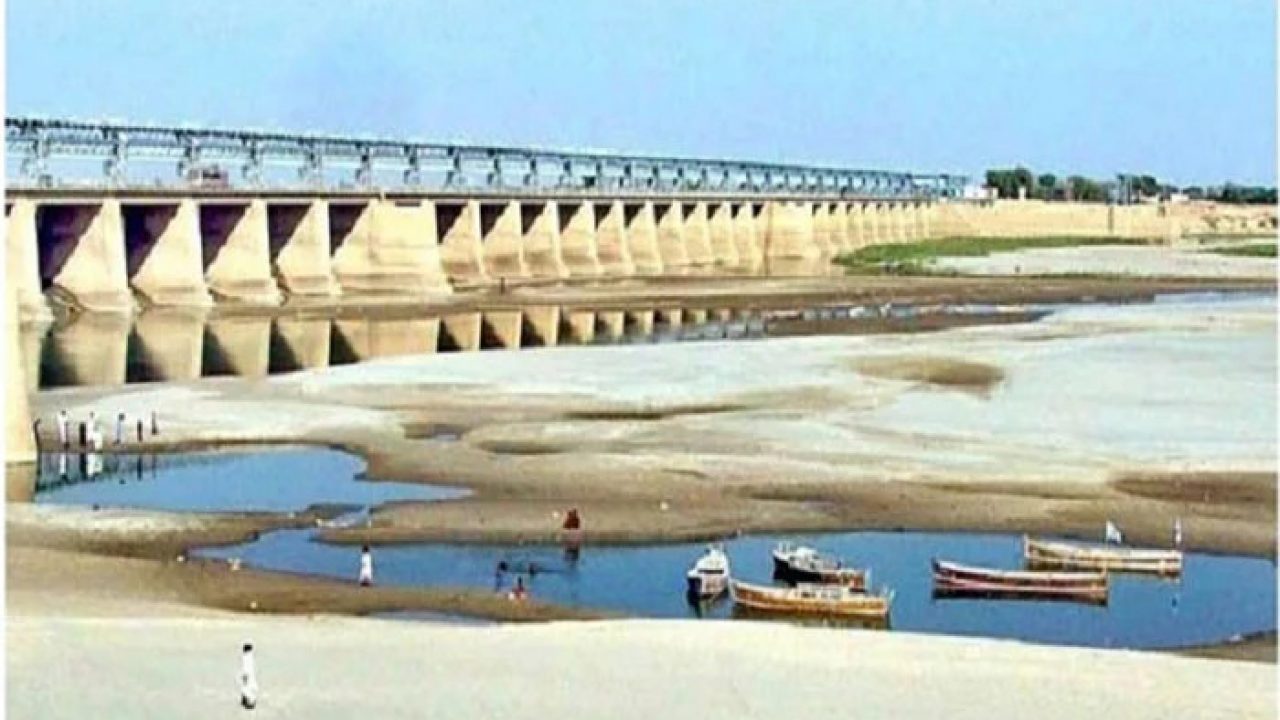POLITICS & POLICY MAKING
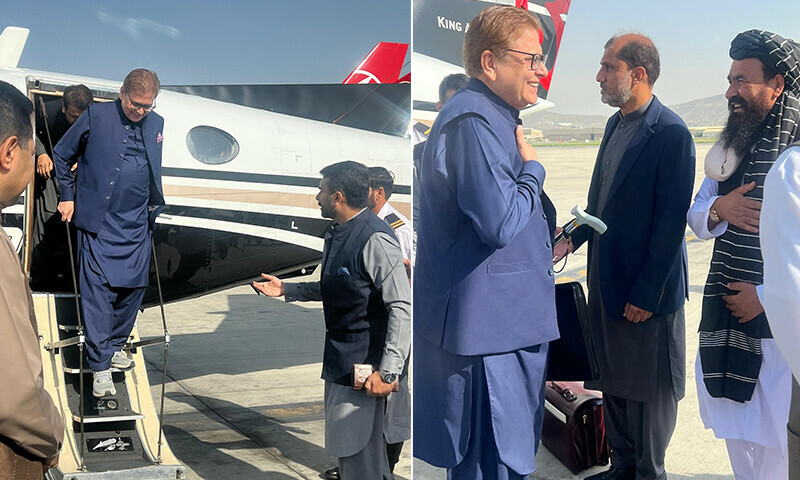
Pakistan and Afghanistan convened the 7th session of the Joint Coordination Committee (JCC) in Kabul on Wednesday, marking the first such meeting in over three months.
The JCC session comes in the backdrop of renewed border skirmishes, a spike in militant activity in Pakistan, and contentious Afghan refugee deportations by Pakistan. The meeting holds crucial importance for both countries as they attempt to stabilise bilateral relations following increasing hostilities.
Pakistan’s delegation is being led by Special Representative for Afghanistan Mohammad Sadiq, accompanied by high-ranking military and intelligence officials. The Afghan delegation is led by Deputy Defence Minister Mullah Abdul Qayyum Zakir, a senior Taliban leader who once headed the Taliban’s military commission.
“The JCC meeting is being held after a long gap,” Ambassador Sadiq posted on X (formerly Twitter), confirming his arrival in Kabul.
The previous JCC session was held in Islamabad in January 2024.
Key Agenda Points
Afghan spokesperson Zabiullah Mujahid stated that discussions will focus on resolving disputes along the Durand Line, easing civilian movement, and boosting coordination between border forces.
Pakistan has long alleged that militants from the banned Tehreek-e-Taliban Pakistan (TTP) are operating from inside Afghan territory—a claim denied by Kabul. Tensions recently escalated after border clashes and the closure of the Torkham crossing, which only reopened on March 19 after a 27-day shutdown.
A jirga (tribal council) had earlier brokered a ceasefire agreement, which included halting post construction along the border. Syed Jawad Hussain Kazmi, head of the Pakistani jirga, confirmed the ceasefire would remain in effect at least till April 15.
Terror Links and Accusations
Pakistan’s Foreign Office recently linked terrorists involved in the Jaffar Express train hijacking to Afghan-based operatives, citing phone records traced to Afghan soil.
Meanwhile, Afghan Taliban officials accused ISKP (Daesh) militants of infiltrating from Balochistan and Khyber Pakhtunkhwa, a charge dismissed by Pakistani officials as “baseless.”
Economic Talks in Parallel
Separately, Afghan Commerce Minister Noor Uddin Azizi is visiting Pakistan with a trade delegation. Talks with Pakistani counterparts are set to focus on a preferential trade agreement, tariff cuts, a revised transit agreement, and better facilities at border crossings for traders.
This parallel track of diplomatic and economic engagement reflects attempts to revive trust and improve people-to-people and business ties amid the ongoing political strain.
